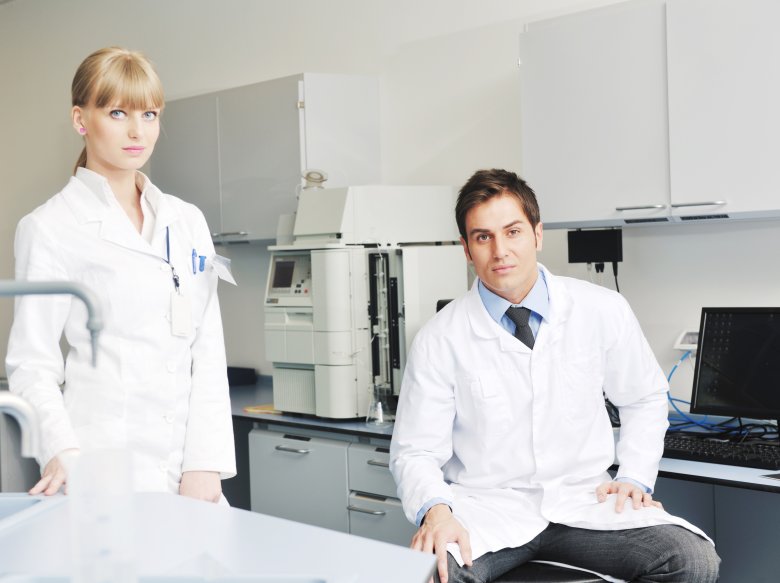- May 9, 2025

The Ministry of Health is completing work on the draft law on reimbursed medical devices. It is announced that it will introduce a reimbursement system modelled on that for medicines. The POLMED Chamber of Manufacturers is against this and argues that these are different categories of products, and the introduction of the law in this form will mean bankruptcy of Polish companies and problems for patients.
- The main axis of the amendments to the Act on reimbursed medical devices is the desire to introduce rigid margins and maximum prices in the shape of pharmaceutical law - explains Witold Włodarczyk, Director of the Polish Chamber of Commerce for Medical Devices POLMED, in an interview with an information agency Newseria Biznes. - The assumption itself is wrong.
According to the assumptions of the Act on reimbursed medical devices (tools, instruments, devices, diagnostic and therapeutic software, e.g. implants, orthopaedic objects and aids), the new reimbursement system is to be a copy of solutions applied in the case of medicines. The list of such substances, payment rules and price limits shall be determined by regulation of the Minister of Health after price negotiations with producers.
Włodarczyk explains that medical devices are often products that are tailored to the needs of a particular patient, and that variants may differ significantly in price. This is not the case with medicines that cost the same since registration.
- Medical devices are classified in hospital procedures, we have products for individual supply and a narrow strip of medical articles sold in pharmacies and the system works well - indicates Włodarczyk.
In a letter to the Ministry of Health, the Chamber also disagrees with the change in the method of calculating margins, in particular for absorbent products, such as diapers, anatomical refills, primers, etc., and with the fact that the margins are calculated on the basis of the following criteria Currently, such products are divided into so-called limit groups determining the amount of state aid. The patient only regulates the difference between this surcharge and the market price by opting for a more expensive or cheaper product. According to the Chamber, the announced introduction of regulated margins of 10-20 percent may lead to the collapse of many medical shops, as a result of which the availability of such products will be limited. Infantry napkins are a low-margin product, but sold in bulk, and the price of transport and storage is much higher than in the case of medicines.

- If you are now making changes that are not really clear what this is all about, it is certainly about money. Patients, industry and entrepreneurs will certainly suffer from the planned system. Apparently, only the state budget can be gained - says Witold Włodarczyk
According to Witold Włodarczyk, the changes may lead to the bankruptcy of medical shops, especially in smaller towns. The House's calculations show that 10-15 thousand people may lose their jobs. As a result of company problems, patients and people with disabilities will have difficult access to medical devices.
- The biggest victims of this system would be two groups: small, domestic entrepreneurs, owners of medical shops, their employees, i.e. people who will lose their jobs and it will be very difficult for them to reclaim them, because they are people with maximum secondary education - says Włodarczyk. - Patients will not benefit from it either, because there is no provision to the effect that any savings obtained in this way will go to them. So they will probably be directed elsewhere. We are strongly opposed to such a solution.
The Director of the Chamber stresses that the regulations under preparation also contain positive changes. One of them is the proposal of patients' participation in the financing of purchases. Persons who wish to perform a procedure or achieve a better health effect using newer, more innovative equipment will be able to do so in a public hospital, paying for the reimbursed procedure. Currently, although they are insured, they have to regulate such costs in full.
- We are happy to accept this proposal and we will support it - declares Włodarczyk. - With such a solution, the money of the richer part of the society goes to the health care system. To some extent, you are doing patients, but, on the other hand, nobody loses out on this, assuming that we have an orderly basket. The standard that is being offered today must not be lowered for everyone, but should even be gradually raised.